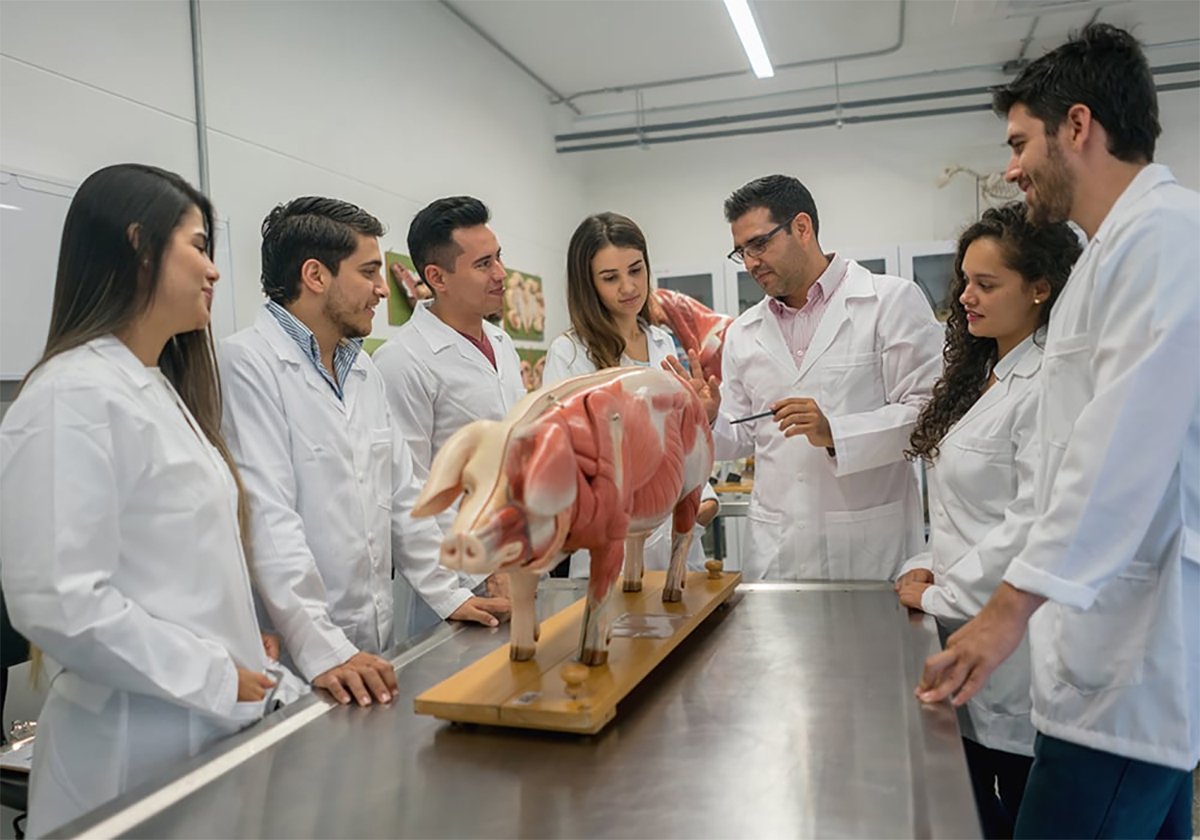U.S. pediatricians say it’s more important for children to eat a balanced diet rather than an organic diet.
In a study released in late October, the American Academy of Pediatrics said the science on organic versus conventional food isn’t clear. What is known, though, is that a diet loaded with fruits and vegetables is good for kids.
“What’s most important is that children eat a healthy diet rich in fruits, vegetables, whole grains and low-fat or fat-free dairy products, whether those are conventional or organic foods,” said Janet Silverstein, one of the lead authors of the report on the advantages and disadvantages of organic food.
Read Also

Students urged to consider veterinary medicine
Alberta government makes $86.5 million investment in University of Calgary to double capacity for its veterinary medicine program to address labour shortages in the field.
“Many families have a limited food budget, and we do not want families to choose to consume smaller amounts of more expensive organic foods and thus reduce their overall intake of healthy foods like produce,” Silverstein added in a news release.
The full report, which is available on the web, is the first time the academy has studied the issue of organic versus conventional foods. The study authors reviewed the scientific literature on organic produce, dairy products and meat to reach their conclusions.
The study notes that many consumers believe organic produce is more nutritious than conventional produce. Research, though, indicates that conventional produce has the same vitamin and mineral content as organic produce, the pediatricians said.
As well, the study authors concluded that organic and conventional milk have the same amount of vitamins, proteins and lipids.
Yet, the pediatricians found multiple studies demonstrating that an organic diet reduces children’s exposure to pesticides and rinsing conventional produce with water doesn’t remove the herbicides and insecticides.
“Rinsing conventionally farmed produce reduces some but not all pesticide residues on produce to varying degrees but has not been proven to decrease human exposure,” the report noted.
There is no proof that consuming vegetables and fruits with pesticide residues affect human health.
“At this point, we simply do not have the scientific evidence to know whether the difference in pesticide levels will impact a person’s health over a lifetime, though we do know that children, especially young children whose brains are developing, are uniquely vulnerable to chemical exposures,” said Joel Forman, one of the lead authors of the study.
If parents have questions about pesticide residues, pediatricians should direct their clients to reliable sources on the topic, the report noted. One good source is www.ewg.org/foodnews, which provides a shopper’s guide to pesticides in produce.
The Canadian Paediatric Society, which doesn’t have an official position on organic food and was unwilling to comment on the validity of the American study.















